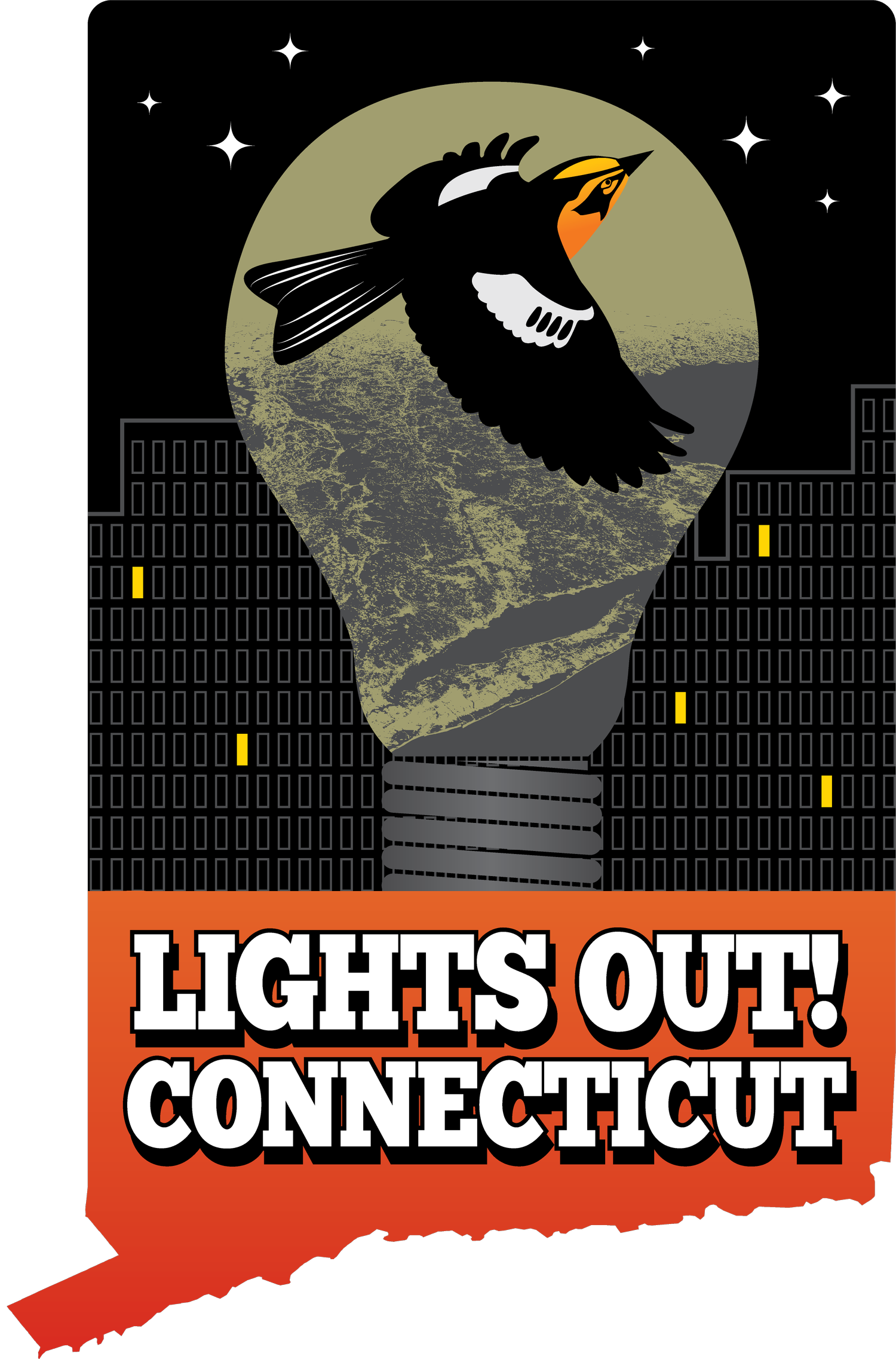
Frequently Asked Questions
Do other states have Lights Out programs?
Yes! Minnesota, New York, and Texas have statewide Lights Out program. Cities with programs include Atlanta, Baltimore, Boston, Chicago, New York, and Washington DC.
Will joining Lights Out cost me money?
No, this is a free program. You may save money on your electric bills by turning off unnecessary lights.
How will I know when birds are migrating through my area?
BirdCast, a Cornell Lab of Ornithology department, develops and maintains tools that predict and monitor bird migration. These include forecast bird migration maps that predict where and when bird migration will occur, live bird migration maps that show where migration is occurring in real-time, and migration alerts to which one can subscribe to learn when bird migration will occur. Data from weather surveillance radar are essential for developing and maintaining these tools.
Enter your city here to see the migration forecast
Access additional migration tools and live maps here
Do I need to turn off all my interior lights?
Please turn off all unnecessary lighting indoors and outside. Where possible, it is also helpful to turn off interior lights that are closest to windows, from midnight to 6 am or use task lighting. If you are unable to turn off interior lights, draw window blinds, shades, drapes, or window coverings.
Isn’t it unsafe to reduce lighting?
Most buildings are vastly over-lit: only decorative and unnecessary lighting are the primary sources of light to be turned off. Lights that are legally required for building, public and aviation safety must be kept on. Additionally, research has linked reduced light pollution with health and wellness benefits like decreased disruption of sleep and circadian rhythms.
How else can buildings be bird friendly?
Light pollution isn’t the only threat to birds. Birds don’t understand the concept of glass as an invisible barrier that can also be a mirror. They take what they see literally: Glass appears habitat they can fly into, whether that habitat is reflected or visible through glass. The American Bird Conservancy has developed a suite of resources to reduce glass collisions by creating bird friendly buildings. Check out the resources here.
How do I participate?
Sign up at www.lightsoutct.org/pledge
